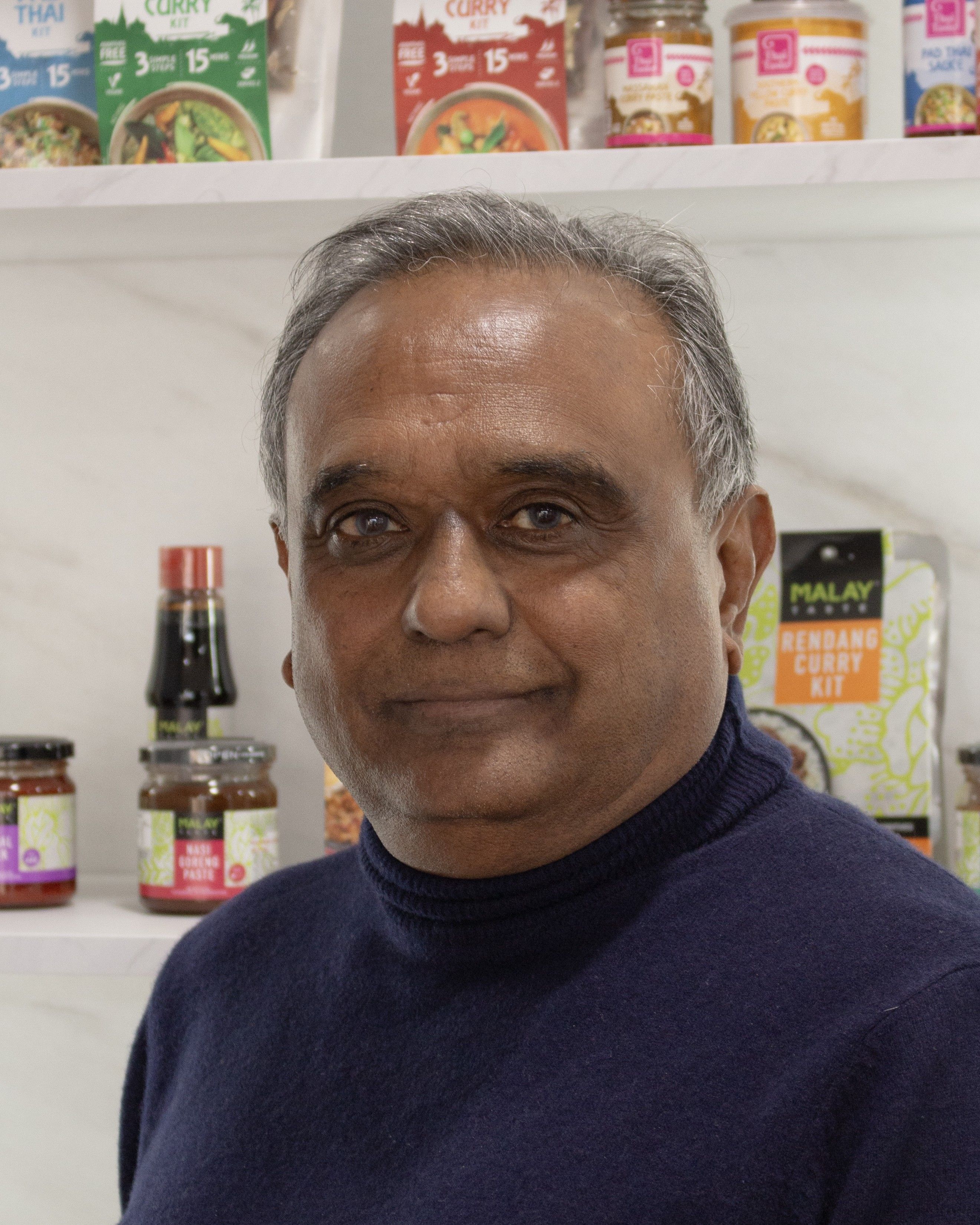Empire Bespoke Foods Ltd (EBF) is a renowned distributor of specialist delicacies and international grocery items, with many of its own well-known brands and ranges, and Asian Trader is talking to its managing director, Chandresh Patel, who has steered the company to its current elevated level of success since 1997.
The company is not a normal wholesaler and you cannot pull up to its depot gates, but the big news now is that EBF has just inaugurated an online delivery service, making available the entire range of its world food skus in addition to the brands – such as Mrs Elswood’s pickles – currently available in Booker and other outlets.
But first, some history. World food and drink is now a defining feature of the British kitchen – of both the on-trade and domestically in terms of scratch-cooking and takeaways.
International food is key to the identity of modern Britain. Perhaps there is no other nation in the world so densely and overall, peacefully integrated as here, where people from every country on the planet live mixed in close proximity and increasingly share tastes and enthusiasms for each other’s foods and flavours.
When did this begin, and which came first – the people immigrating to the UK or the clamour for variety of dishes, ingredients and whole cuisines?
Probably the former. In the 1960s and earlier (things were already changing somewhat in the 1970s) olive oil, for example, was something most people only bought in a phial from the pharmacy, to loosen earwax. One would never dream of cooking with such disgusting “grease”. Likewise, garlic meant bad breath and was merely something that Frenchmen stank of.
As for curry spices … the aroma of South Asia has gone from being a byword among British natives for “foreigners”, to being Britain’s favourite national dish (granting that there is no such thing as “curry”, of course – but the gist is clear).
There had been Italian grocers in London and Edinburgh since at least Victorian times and Kosher food had been available (although not commercially until bagels gained popularity) since the medieval period. Sherry (Madeira or “sack”) and red wine had been imported, often by Scottish merchants, for hundreds of years, and an Iberian trade can be traced back to Iron Age times.
But world cuisine adored by almost everybody in the main population of the UK and eaten as everyday meals is a recent phenomenon.
Chandresh Patel perhaps embodies this vast change in the culinary landscape over the past few decades – his career replicates and spans it, and his company is emblematic of the fortunes and growth of this colourful and flavoursome sector of the grocery market.
Out of India
“I came in this country in 1986 from India, Gujarat,” he says, a date that coincides nicely with the stirrings of the world food scene in Britain.
"My cousin owned Europa Foods and we had 70 stores in the London area itself, within about a 13-mile radius.”
He started to learn the trade in Europa – which was bought by Tesco in 2005, when the multiple was widening its foray into convenience – and it doesn’t take very many minutes of conversation with Chandresh to realise that there is a keen analytical and entrepreneurial mind at work. Sure enough, life behind the counter soon started to feel insufficient to engage his energies and imagination.
“I started working with them in 1990 for two or three years, but I was bored with opening the stores, and closing, and everything,” he admits, before making a characteristic lateral connection that perhaps explains EBF’s success over the years.
“I realized we had a Jewish store up in Golders Green, called Country Market, and for that shop we used to bring some products from Israel and America. And when I looked at it, I thought, okay...”
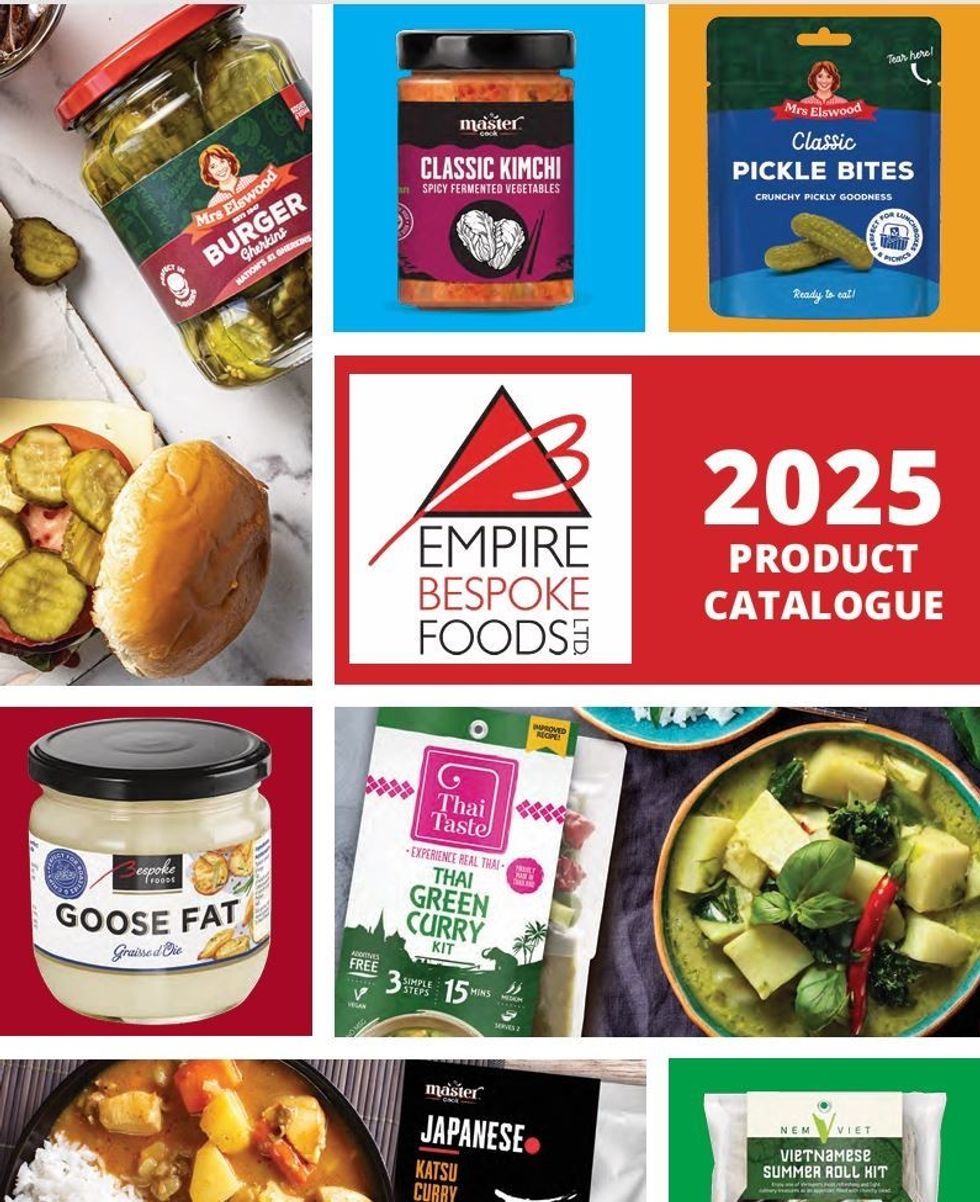
It was a niche market with an international connection, something that stood out to Chandresh as a new territory of possibility. London had always hosted speciality shops serving distinct communities, but the kernel of an idea – making these obscure tastes and cuisines more widely available to a hungry market – had taken root. Soon he was off on fact-finding journeys, establishing connections and sniffing out appetizing possibilities.
“This was the business that was on my mind," he confirms. “I thought, ‘When I go around London, I can see lot of people, Americans and Russians and Indians, moving around.’ And I thought they would prefer to have some of their own brands from home.”
Regular visits abroad followed as Chandresh set out to establish his international web of connections.
“That was when I started to visit America very often, attending many different shows, speciality food, natural food shows in California and New York and Chicago; and I began to build relationships.”
As a result, while he was still at Europa Foods, between 1992 to 1995-96, Chandresh began to import certain American products and stock them on Europa’s shelves.
“We were just selling a few products, a small variety of products from America, and we would put them in a warehouse. And then, once I was running the stores from the other side, when I was doing wholesale – but only for Europa stores – it was going very well because the margin was good, the products were good, accepted by all the local people and certain others as well.”
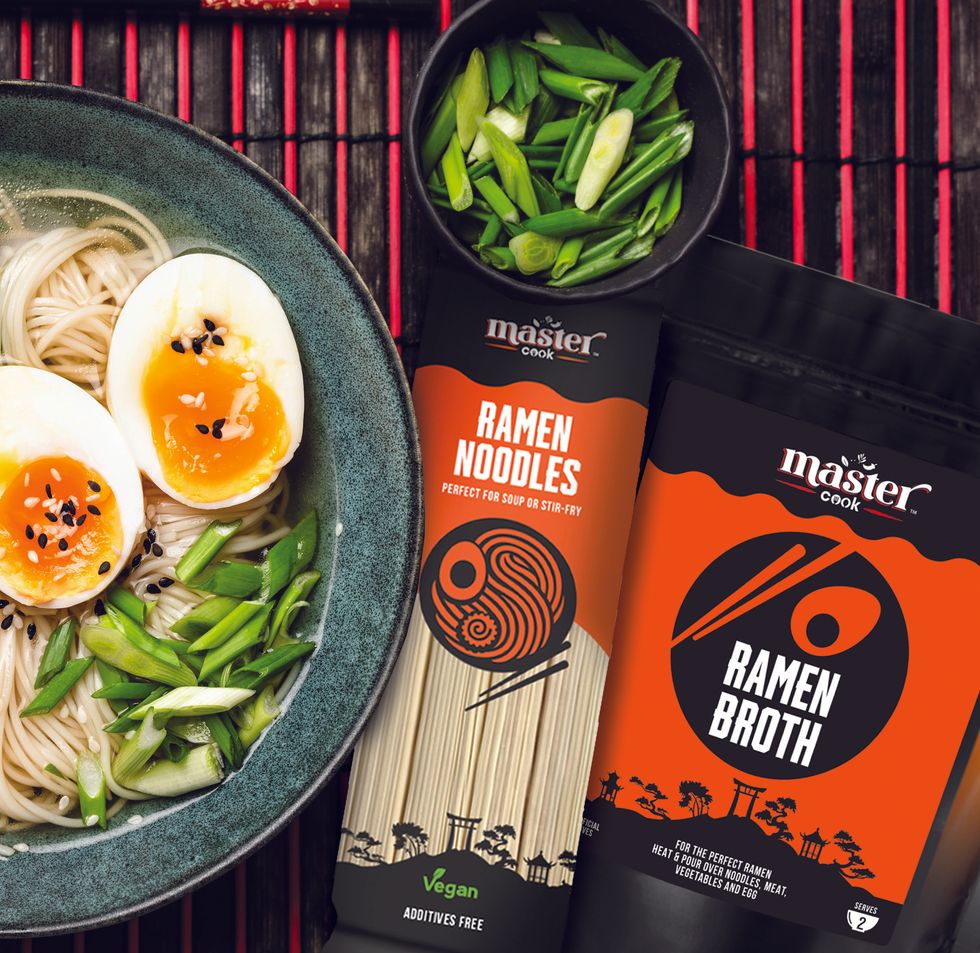
Of course, specialist delicacies could command a premium price – people were happy to pay more for the difficult-to-obtain items that transformed their dining and entertaining, that satisfied their need for familiar, home-country flavours and forms – or exotic experimentation.
“So that business was great,” he says, and decided it might be a good idea to start to sell the products in locations outside of the Europa stores, too.
“I had one guy, who I asked to go and sell the product in Partridges, if you remember them. But unfortunately, they refused to buy from us, because we were a part of Europa Foods – and of course, you don’t buy from your competitors in the market.”
Clearly, there was a limit to what he could accomplish from behind the Europa fascia.
Building an empire
“One evening I was sitting with my friends, and I told them that I'm thinking of opening a different wholesale business, giving it the different name. What name could you give this business? And we had the idea, that because we were importing products from America, and they had a very famous building in New York called the Empire State Building – so let’s name it after that.”
So, just for the record, and despite the subcontinental connection, EBF is nothing to do with the Raj – it's the Empire State Building, not the British Empire, that is referenced.
"We decided to register the company. I wanted it to be Empire Food Limited, but I couldn't get that name, so I called it Empire Food Brokers. And by now we're coming to 1997, starting to slowly grow the company,” he explains.
"We got into Selfridges and Partridges Whistle Stops and many other places. Everybody started to like it, because I changed the name of the company! And it all went very well.”
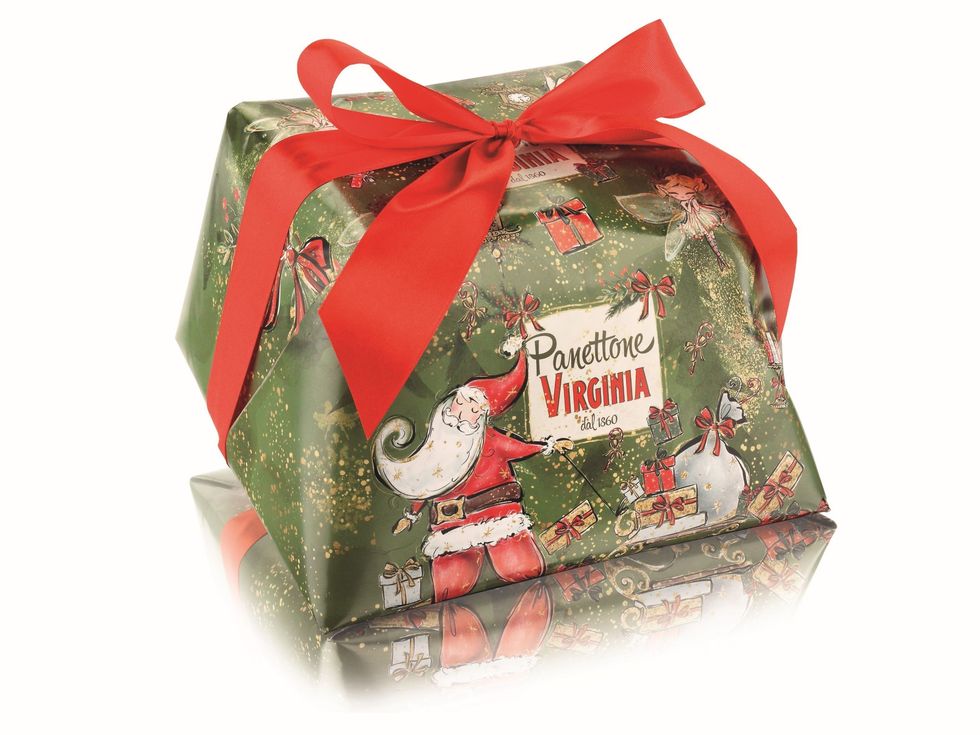
That is something of an understatement. Chandresh had caught the flavour of the times, and the appetite for more choice and variety in cuisines on offer to the British public. This was a period of breakout from the speciality market confined to immigrant and minority communities: the mass market was clamouring for what EBF could offer.
“One of our first brands was called Beach Nut baby food, part of Purina. And we also brought in the kosher baby food. We started vegetarian food and in more widely in the kosher area. And then we started in the pharmacies, and got 340 pharmacies, and were doing very well.”
It is true that most convenience retailers would know EBF through its brands – some imported and distributed, some owned outright. EBF, for example, distributes the favourite BBQ sauces from Frank’s RedHot, French’s Mustard, Schwartz spices and Japan’s S&B. But others, such as Mrs Elswood (which now does kimchi pickles, too) and until recently, Burts Crisps (which EBF bought, built and successfully sold) are their own – alongside in-house-developed world food brands such as its Master Cook oriental range, Thai Taste and the new Mexican food brand, Pekis.
These and very many more (the online catalogue is a mouth-watering revelation) are now just a click away from ordering for your shelves thanks to the smooth new platform that brings the entire stock within easy reach and delivery. From high-quality goose fat to jars of quails’ eggs, from bouillabaisse to blinis, American candy to Cacaolat chocolate milk (or even genuine Icelandic water), Chandresh is your man and EBF is your van. It is carefully curated range of complementary products that fills many spaces and gaps in the nations ever-more adventurous appetite.
Changing tastes
But back to the history: “We started Tara chips,” says Chandresh – a line that was one of the very first “healthy” snacks that shops are now full of, except that was back at the end of the last century.
“And then we got a flatbread, which we first brought out in 2002, from America, and we got it into Waitrose.
He says that back then, people were saying flatbreads tasted like cardboard and that they couldn’t eat them. However, the old attitude towards “foreign” was changing – again, Chandresh was surfing the new wave.
“It sold very well in there and for 10 years we did very good business with a brand called No-No flatbread, we did television advertising and everything. And then Ryvita and Jacob’s came in and they went half price in the market and took the shelf from us.”
What was once innovative is now mainstream. Chandresh moved on to fresh culinary horizons and more speciality skus for EBF.
"In 2005 we made a good deal with Tesco, who bought out Europa Foods. So, we decided to keep Empire and run it as a family business because it's not far from our office, and we had the freehold of the building already.”
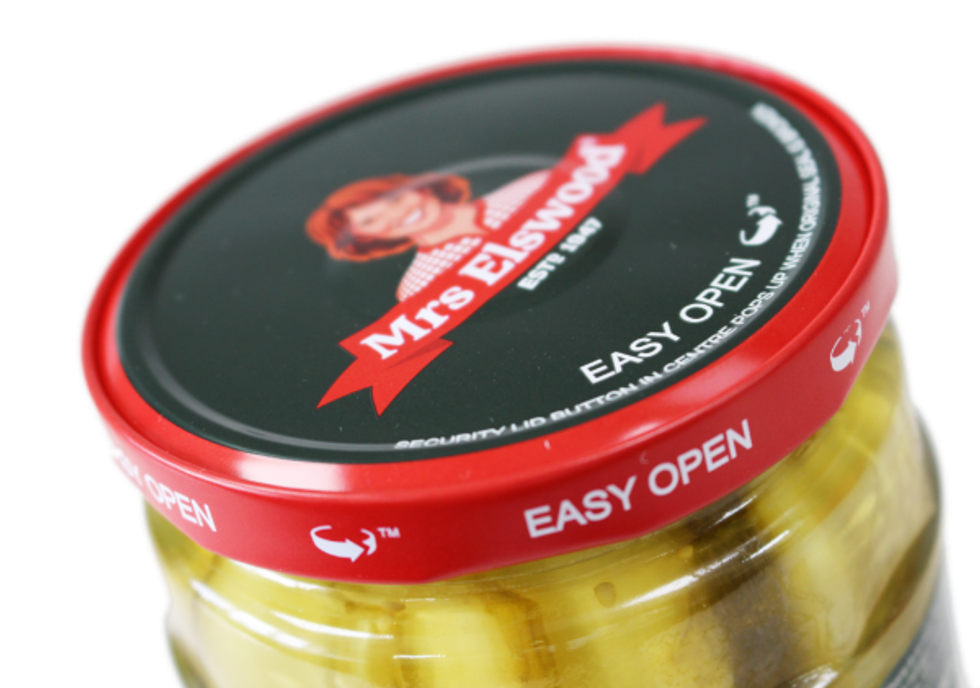
And so, the next chapter began, with the international specialist unmoored from its retail obligations, instead able to concentrate on supplying high-end restaurants, and grocers such as Selfridge's and Harrods, among many others.
As Chandresh says, the turnover back then was comfortable but not large – yet it was starting to grow very nicely.
This was about the time that Mrs Elswood came aboard: “I knew the Mendel family [owners] very well, because they used to supply our kosher stores. And the father wanted to retire, the son wanted to go to America. So, they came and asked me if I'd like to buy their business – it was a small business – and I said yes, and that was the first time that Empire bought a business. We acquired the Mrs Elswood brand, the first in the portfolio.”
This proved an inflection-point for Chandresh, who understood the possibilities of EBF cutting out the middleman and going straight-to-market itself.
"We thought that we should create our own brands, rather than go through third parties and agencies,” he states. “When we started Mrs Elswood we got access to all the supermarkets – Tesco, Sainsbury, Asda, Morrisons – because the brand was already in there. So, we started to bring in a lot more kosher food and put it in the supermarkets.”
It was also around this time, 2007 or so, that the commerce in items with the US really opened up and imports increasingly found their way here, via EBF and Chandresh’s network, onto the shelves of more and more UK stores. Today, when you see American Candy everywhere, remember where it all began.
Keeping things private
“It started to go very well, and we began to do private labels, and by 2014 our turnover had quadrupled. At the same time there was a company called Bespoke Foods, which was based in central London, again run by a good friend of mine who wanted to retire and sell the business.”
This contact had some fantastic and established world food brands such as Thai Taste and Malay Taste, and some good agencies from the Americas and Europe – together with a lot of seasonal ranges, too – panettone and gingerbread houses, German baked goods and so forth. Again, Chandresh saw opportunity in international flavours.
“His business was of a similar size to ours in turnover, so we did a deal and bought the Bespoke Foods company in 2014, combining the companies to emerge as Empire Bespoke Foods!”
That was over a decade ago and EBF has not looked back since. Like a magnet, once the company became known as a centre of international excellence in grocery, it gained an attraction for high-end and specialist produce looking for a home and ready-made UK distribution.
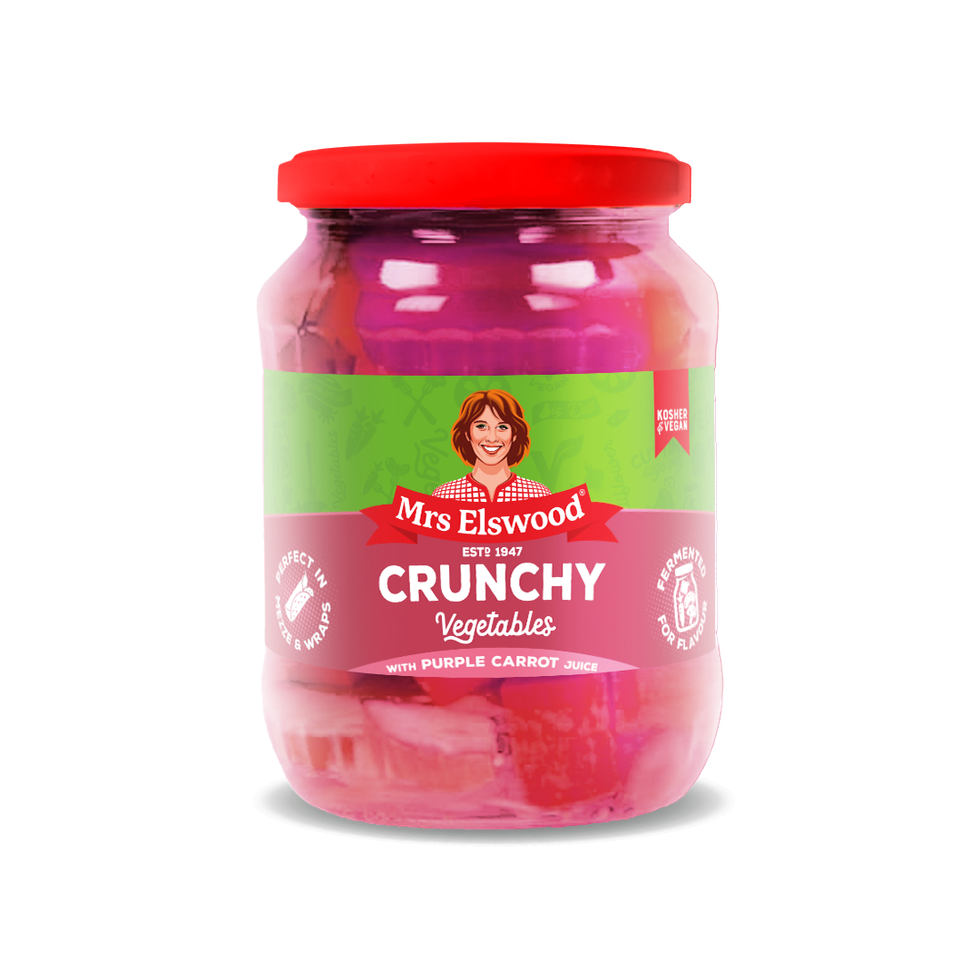
“Since then, our business has grown, and we have had the opportunity get into garden centres, all the department stores and varieties of café, because that is best for our very exclusive produce, everything French and American, and top quality sauces like Delouis [mayonnaise and mustards] and Briannas [salad dressings], Mississippi Barbecue Sauce and all these extremely high-end products,” explains Chandresh.
Turnover doubled again. “Since then, we have been doing a lot of private label business. We have the Thai Taste brand, where everything the brand produces are Thai products, made in Thailand, and the same with Malay Taste, produced in Malaysia; and our Vietnamese brand, Nem Viet, all produced in Vietnam.”
What stands out is the degree of specialisation and authenticity in the Oriental ranges, be they Thai, Vietnamese, Malaysian, Korean or Japanese – a thorough, in-depth culinary knowledge translated into products that the absolute average shopper or cook can enjoy without stress – unthinkable not long ago.
“We source everything from the original countries, because it's about ingredients," he says. “In Thai products, for example, there are things you simply can't get here, or by the time they are flown here it is all dried out, not fresh.”
Going for convenience
Looking at the operation as it stands now, it is incredibly fine-grained and complex, having grown slowly over time. EBF has effectively dug a deep moat around its business to keep competitors at bay.
“At present, we are producing a line for John Lewis,” Chandresh says proudly. “They asked us.”
And that means the best people want to join the team.
“In the company we have a technical team, a marketing, team, teams for finance, purchasing and logistics. Everybody's in-house; I don't hire from outside – in-house only,” he adds.
“For example, we have a chef here, Jonathan Haider, a very nice guy, a real foodie guy, and he knows everything. He worked in private label, especially for Waitrose and Sainsbury over 18 years. We approached him four, five years ago, and he's with us now. He creates everything in our kitchen.”
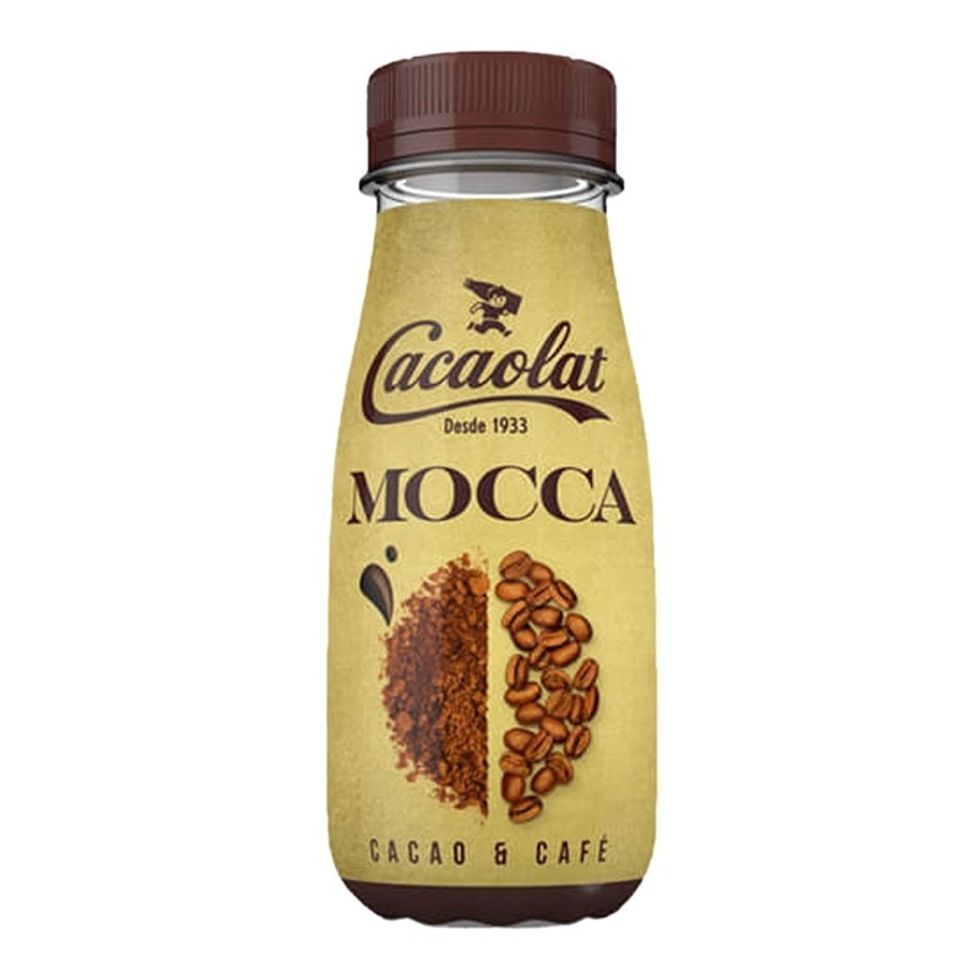
Where can you go except the ends of the earth in quest of new products, as EBF is doing? All the time attempting to satiate the UK’s appetite for fine world food and international dishes.
Meanwhile, Chandresh is aware it is necessary to keep the operation slimmed down and tight, not to become sprawling and unmanageable.
“Exactly,” he says. “In fact, we reduced our lines. Before, we had 240 brands. Now it’s 60 brands and only 300 SKUs not 1200. And we now do a third more turnover.
Chandresh says that 70 per cent of EBF business is with supermarkets, and until now the interchange with the c-channel has been limited.
“We don't have the much in convenience, although we try,” he says. “We supply Booker, and we have agents for some few other suppliers.
But things are changing.
"If people like our premium skus then they can be there, and we are slowly introducing products into Budgens and Londis and so on, new lines for all the higher-end products we're working with. Now we have started to think about marketing to convenience, and we'll be planning and thinking how we can do it.”
EBF is finalising a Mrs Elswood brand campaign: it will hit TV channels and 400 billboards, “and the Mrs Elswood marketing is valuable because this brand is well-known already”.
I point out that the World Foods section in convenience is growing rapidly and that EBF – especially as indies can now order directly from the new platform – must potentially be a fabulous new source of supply and sales.
“Well, of course,” replies Chandresh, “and we want to do Master Cook because of that. We got it 16 or 17 months ago and have developed the brand, Chinese, South Asian, Indian and everything, not only the ready-to-eat meals, but we try to do noodles, soy sauce, katsu curry and ramen, Kimchi and everything now, and we want to build up the Master Cook brand.
“And that will help [in convenience], because it's not so premium and high-end, but it will be trying to get in independents, trying to break the market.”
Empire Bespoke Foods is meeting the c-channel in the World Foods space, and we can hope to see a lot more of it soon.

